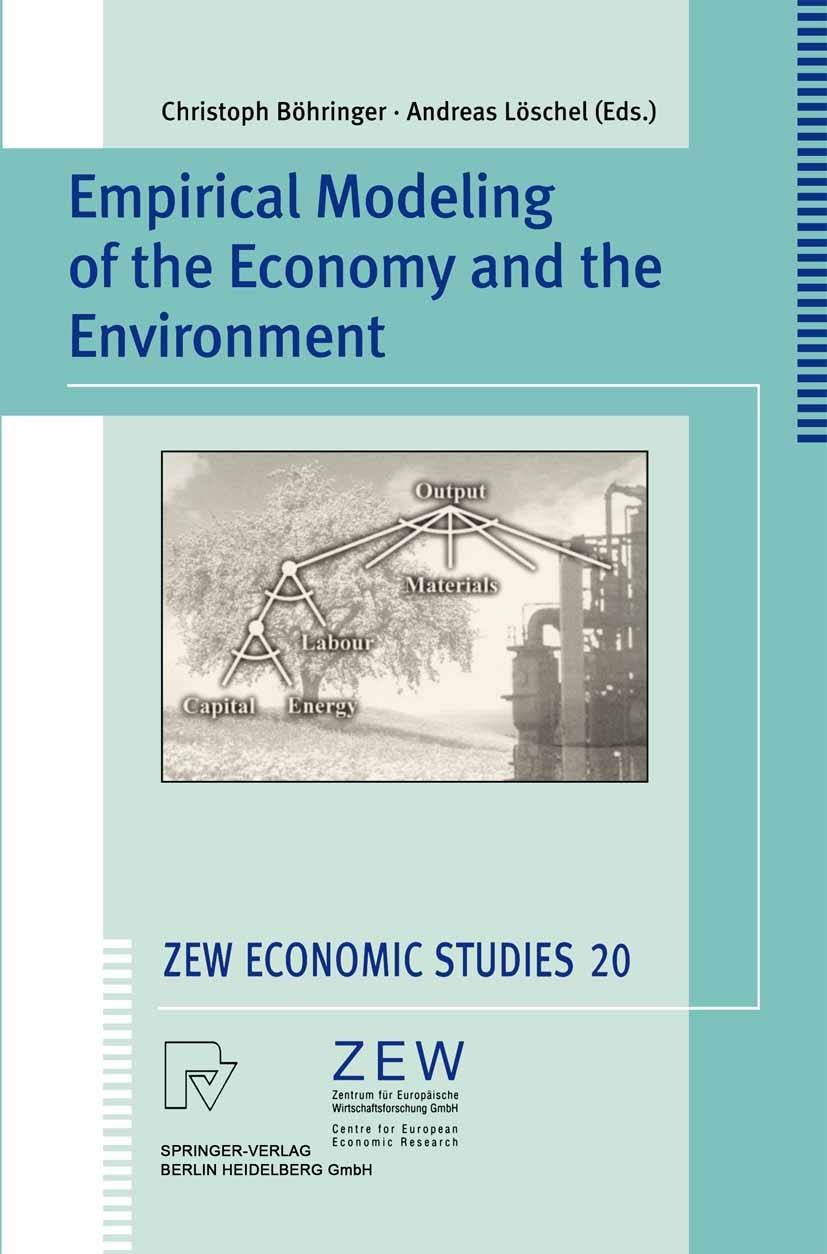| 书目名称 | Empirical Modeling of the Economy and the Environment | | 编辑 | Christoph Böhringer,Andreas Löschel | | 视频video | http://file.papertrans.cn/309/308870/308870.mp4 | | 丛书名称 | ZEW Economic Studies | | 图书封面 |  | | 描述 | ZhongXiang Zhang (East-West Center, Honolulu) uses a global model based on marginal abatement cost curves for 12 world regions to estimate the contributions of the three flexibility mechanisms under the Kyoto Protocol, i. e. emissions trading, joint implementation, and the clean development mechanism. He shows how the reduction in compliance costs of industrialized regions depends on the extent to which the flexibility mechanisms will be available. Not surprisingly, the fewer the restrictions on the use of flexibility mechanisms will be, the greater the gains from their use. These gains are unevenly distributed, however, with industrialized regions that have the highest autarkic marginal abatement costs tending to benefit the most. Restrictions on the use of flexibility mechanisms not only reduce the potential of the industrialized regions‘ efficiency gains, but are also not beneficial to developing countries since they restrict the total financial flows to developing countries under the clean development mechanism. Christoph Bohringer (ZEW, Mannheim), Glenn W. Harrison (University of South Carolina, Columbia), and Thomas F. Rutherford (University of Colorado, Boulder) evaluate the | | 出版日期 | Conference proceedings 2003 | | 关键词 | Carbon Emissions; Ecological Tax Reform; Empirical Modelling; Environmental Economics; Environmental Reg | | 版次 | 1 | | doi | https://doi.org/10.1007/978-3-642-57415-3 | | isbn_softcover | 978-3-7908-0078-4 | | isbn_ebook | 978-3-642-57415-3Series ISSN 1615-6781 Series E-ISSN 1867-2027 | | issn_series | 1615-6781 | | copyright | Springer-Verlag Berlin Heidelberg 2003 |
The information of publication is updating

|
|
 |Archiver|手机版|小黑屋|
派博传思国际
( 京公网安备110108008328)
GMT+8, 2025-12-27 08:03
|Archiver|手机版|小黑屋|
派博传思国际
( 京公网安备110108008328)
GMT+8, 2025-12-27 08:03


